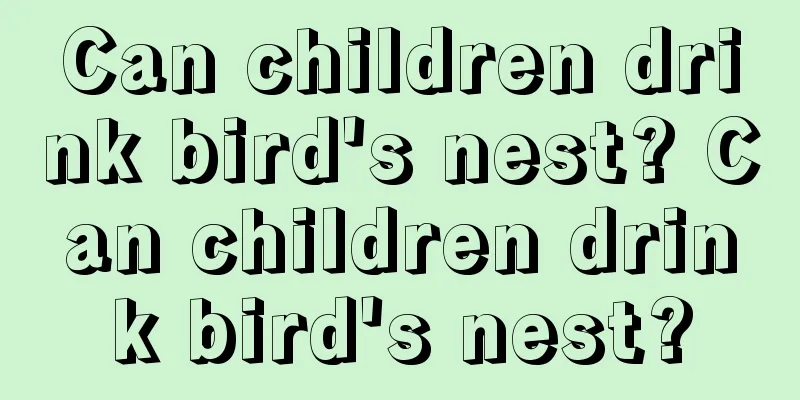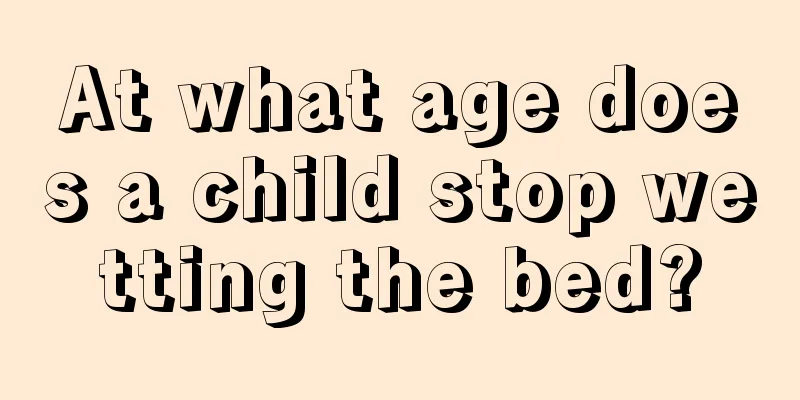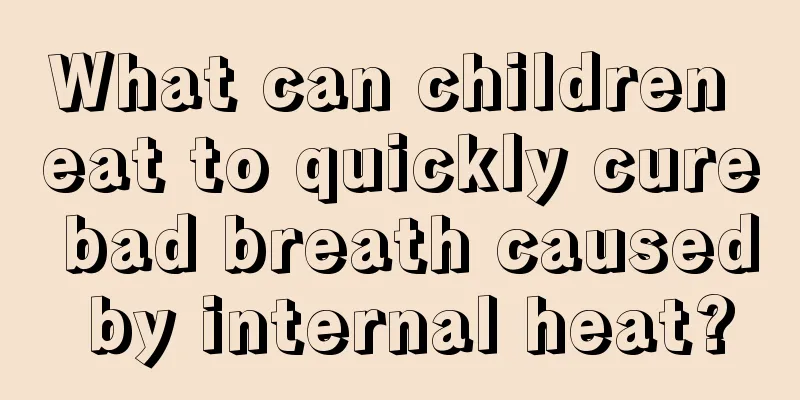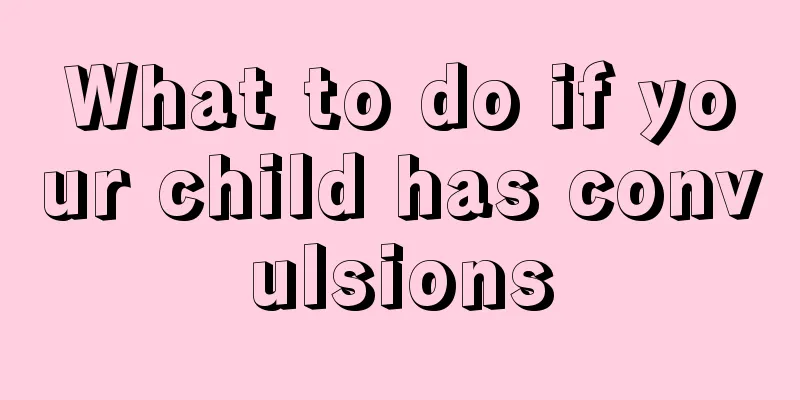How to reduce fever in children?
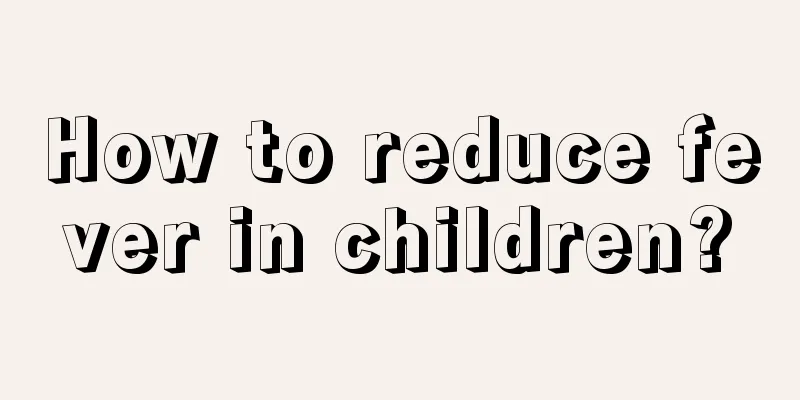
|
Fever and colds are very common for some children. Sometimes a child’s fever may make parents feel very anxious, and they don’t know what to do. In fact, fever is not a very serious condition. Unless the fever is as high as 39 or 40 degrees, you can just use some methods to reduce the baby's temperature. So, what methods can be used to reduce fever in children? How to reduce a child's fever? If the child's temperature is not high and his mental state is good, physical cooling methods can be used, such as wiping with warm water or taking a warm water bath. If a child has a fever with an axillary temperature of 38.2℃ and physical cooling does not reduce the fever, he or she should be given antipyretics. If the fever is not reduced in time, the body temperature can easily rise to 39°C or above. If the medicine cannot be taken immediately at this time, it may cause convulsions. Patients with a history of high fever and convulsions are recommended to take the medicine earlier. 1. Wipe with warm water or take a warm bath: Wipe the child's head, armpits, limbs with a warm and wet towel or take a warm bath, scrub the skin more to promote heat dissipation. 2. Foot soaking can promote blood circulation, relieve discomfort, and lower the baby's body temperature. You can use a large basin or a small bucket to soak your feet. Pour 2/3 of the basin with water. The water temperature should be slightly higher than usual, based on what your baby can adapt to. When soaking the baby's feet, the mother can rub the baby's two little feet, which can not only dilate the blood vessels but also relieve the discomfort caused by fever. 3. Ice compress: You can use a small amount of ice compress appropriately and apply ice or cold compress on the baby’s head or large blood vessels. But be sure to wrap a layer of cloth around the ice bag to prevent local frostbite on the baby's skin, and babies under 6 months old should not be given ice compresses. There is still much controversy about the pros and cons of this approach. It is generally believed that ice compresses do more harm than good, because they may cause the capillaries in the baby's skin to contract, hindering heat dissipation and causing the body temperature to be higher. Especially if accompanied by chills or shivering, ice compresses should not be used. 4. Apply wet compress with a warm towel. Wipe the baby's limbs with a warm towel, or apply a wet towel to the forehead to help reduce fever. |
>>: Is moderate anemia serious in children?
Recommend
Why does my child feel hot and cold and have dry mouth in the middle of the night?
As we all know, the various functions of children...
What is the daily diet for a seven-month-old baby?
Our children need our special protection and care...
What is congenital heart disease screening for infants and young children?
Congenital heart disease is a very serious diseas...
What vaccines should be given at the age of three?
After a child is born, he or she will enter a spe...
Reasons and suggestions for high lymphocyte percentage in babies
We all know that the baby's body functions ar...
What is the cause of acne on the baby's face?
When taking care of their babies, many parents al...
Newborn crawling training
When babies are five or six months old, their bod...
How to correct children’s stuttering?
Children's stuttering is a problem that paren...
What is the cause of white spots on baby's hands?
We all take special care of the baby, because the...
What is the correct way to bathe a baby?
We know that parents are very concerned about the...
What is normal vision for children? Experts introduce authoritative answers
When a baby is just born, his vision is usually r...
What should I do if my baby is allergic to milk?
Allergy is a very common phenomenon. Generally sp...
What vaccines do babies need?
I believe many people know that a baby’s body is ...
Children blink frequently while watching TV
Television is now a very common household item, a...
Newborns have coffee spots on their faces. What you need to know about coffee spots
Café au lait spots are a type of spot caused by g...

